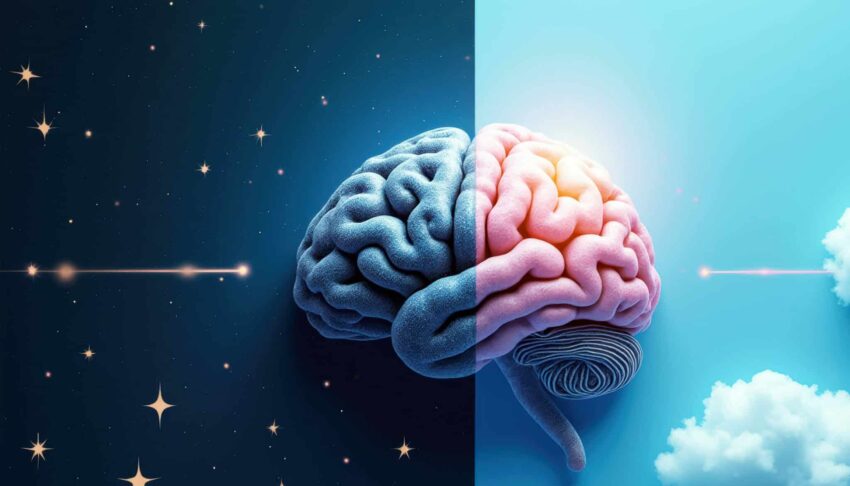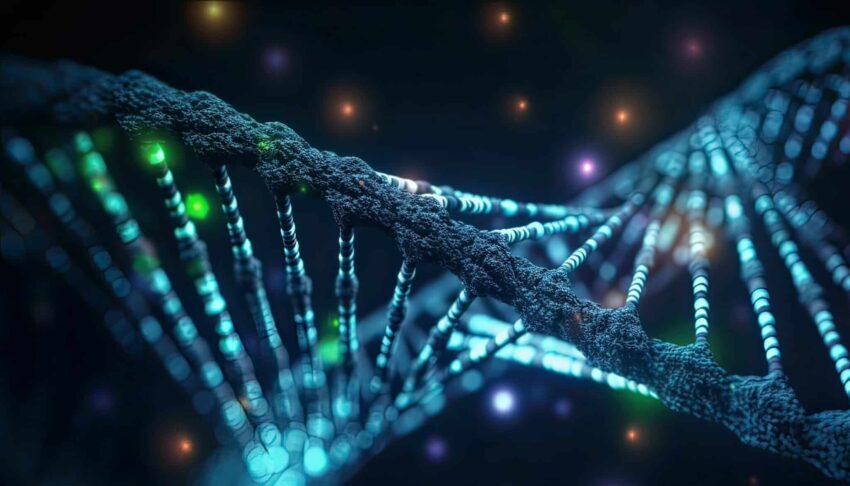- Planet
- Energy
- Health and biotech
- Digital
- Space
- Economics
- Industry
- Science and technology
- Society
- Geopolitics
- Neuroscience
- Videos
- Magazine

Avec William Wisden, Professor at Imperial College London, Member of the Academy of Medical Sciences and the Royal Society
Avec David Clark, PhD Student in Neurobiology and Behavior at Columbia University
Avec Giuseppe Gangarossa, Professor of Neurobiology at Université Paris Cité
Lipids may influence our reward system.
 Neuroscience
Health and biotech
Neuroscience
Health and biotech
Avec Claude Gronfier, Researcher in Chronobiology at Inserm's Centre de Recherche en Neurosciences de Lyon
A study of RATP employees shows that tram and bus drivers (outdoors) have fewer sleep disorders than metro drivers (indoors).
 Neuroscience
Health and biotech
Neuroscience
Health and biotech
Avec Russel Foster , Director of the Sleep and Circadian Research Institute at the University of Oxford
There are several preconceived ideas about the link between screens and sleep; studies need to be nuanced as they are often carried out in laboratories and not outdoors.
 Neuroscience
Health and biotech
Neuroscience
Health and biotech
Avec Delphine Oudiette, Inserm Research Director and Co-Director of DreamTeam at Institut du Cerveau in Paris, Claudia Picard-Deland, Postdoctoral Researcher in the Department of Psychiatry and Addictology at Université de Montréal
The level of evidence in studies on dreams is generally low... So what do we know about our dreams today?
 Health and biotech
Neuroscience
Society
Health and biotech
Neuroscience
Society
Avec Brigitte Fauroux , Professor of Pneumo-pediatrics at Necker Hospital, Laurent Meijer, Former CNRS Unit Director and Founder of start-up Perha Pharmaceuticals
Today, research is looking into the possibility of treating the intellectual disability associated with Down's syndrome.
 Health and biotech
Neuroscience
Health and biotech
Neuroscience
Avec Armelle Rancillac, Researcher in Neuroscience at Inserm and Collège de France
Before resorting to medical treatments, doctors recommend improving lifestyle habits to alleviate sleep disorders.
